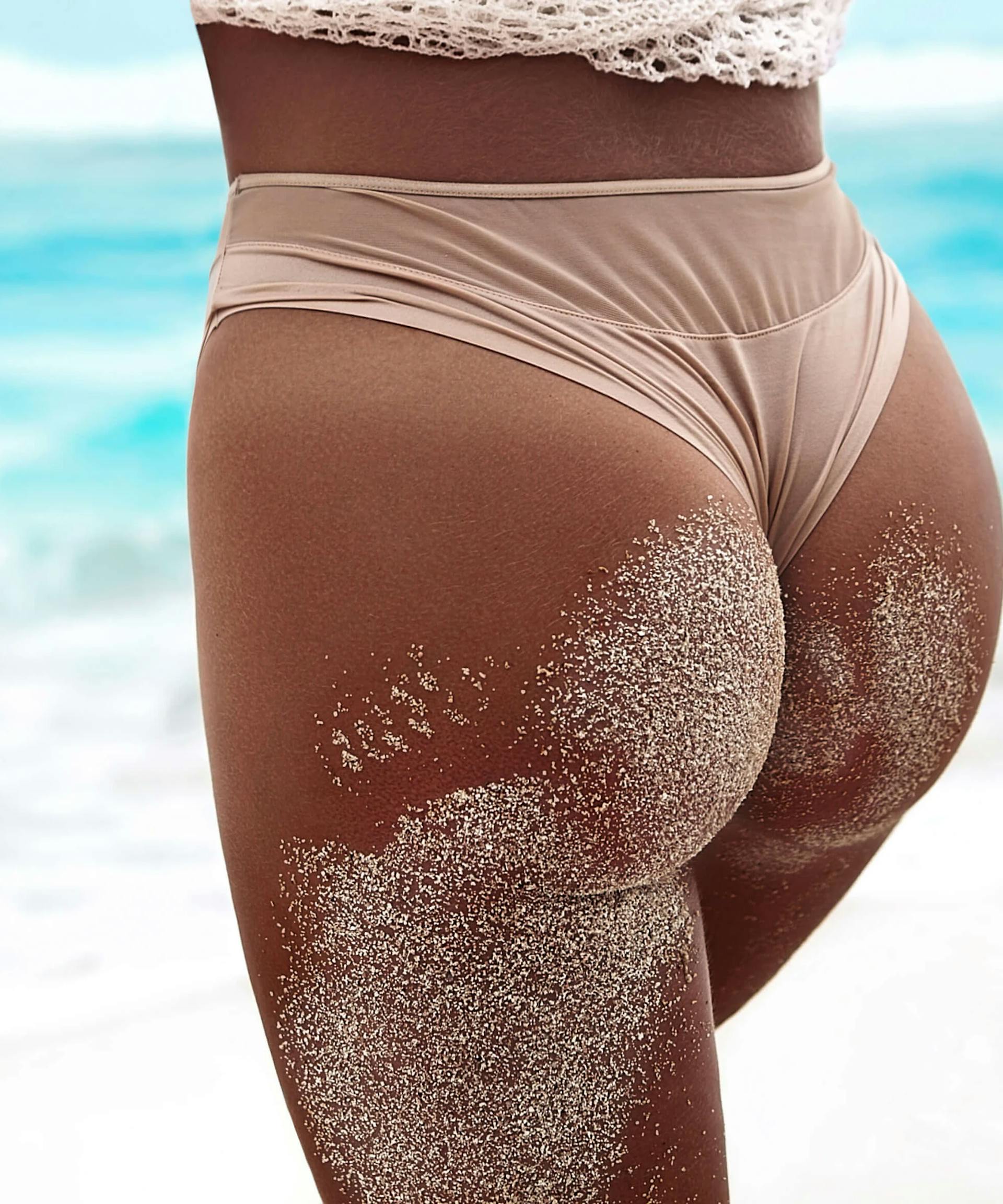New Studies Are Linking Butt Implants To Cancer
It’s no longer just breast implants that have women concerned about the dangerous side-effects of augmenting their bodies. A rare type of cancer has now been tied to butt implants, and it has us thinking twice before going under the knife.

A rare form of cancer, anaplastic large cell lymphoma (ALCL), was discovered in a 49 year-old woman who had undergone surgery a year earlier to receive butt implants in Southern California. While typically breast implants pose a higher risk of developing this dangerous disease, the medical community is issuing a warning to those considering implantation.
Dr. Joseph Carey, assistant professor of Clinical Surgery at the University of Southern California stated, “As far as we are aware, this is the first reported case of ALCL that may be associated with textured gluteal implants.”
What Exactly Is a “Butt Implant?”
Butt implants are silicone-filled sacs that are designed to change the shape and size of the buttocks, according to the American Society of Plastic Surgeons. There are a variety of surgeries related to the buttocks, ranging from smooth-textured implants to butt-lifts to fat-grafting techniques.
Why Are Butt Implants So Popular?
Celebrities such as Kim Kardashian, Nicki Minaj, and J.Lo started a craze of women pining to have bodacious behinds during the early 2000s. Droves of women flocked to their plastic surgeons to get the “bootylicious” look of the stars. Numerous contests have even been held worldwide to spotlight the “ideal” female butt, with judges picking a winner based on the curviness, roundness, and firmness of the participant’s behind.
Even science has “backed up” the quest for the so-called perfect butt (pun intended) with attempts at defining what makes up a beautiful female behind. German plastic surgeon Paul Heidekrueger built upon the study by psychologist Devendra Singh, who discovered the ideal female waist-to-hip ratio (.7 for those who are curious), and revealed that the attractiveness of a woman’s butt depended heavily on her ethnicity and age.
The study showed that the attractiveness of a woman’s butt depended heavily on her ethnicity and age.
Altering your derriere has becoming increasingly popular, with a 252% increase in butt-shaping surgeries during the years 2000-2015. In 2017 alone, 36,000 buttock implant procedures were performed, according to the International Society of Aesthetic Plastic Surgery. And women in the United States typically dish out around $4,500 for butt implants.
Gluteal modification surgeries are not without risks, however, and could cost more than a hefty chunk from your savings.
Telltale Signs of Cancer
One year after undergoing surgery for the butt implants, doctors noticed ulcerations on the skin of the aforementioned 49 year-old woman, and imaging tests revealed fluid retention in the area around her implants. Further blood tests showed that she had developed the dangerous ALCL.
Unfortunately, ALCL can become aggressive if not treated properly, and more than 450 cases of this type of cancer have been reported by the Food and Drug Administration (FDA) as of 2019. Most cases have been traced back to individuals with breast implants. These reports have raised concerns among women thinking about getting any type of implant, and for good reason.
According to the Aesthetic Surgery Journal, authors have stated, “This case helps to demonstrate that many textured implants could potentially be a risk factor for ALCL, and that in general, the discussion should move from ‘breast implant-associated cancer’ to ‘implant-associated cancer,’ to better encompass the full-spectrum of the disease.”
The discussion should move from ‘breast implant-associated cancer’ to ‘implant-associated cancer.’
Conclusion
Achieving an ideal beauty standard that may change in a short time is not worth the risk of developing cancer. Our entire heath should always be taken into account when considering extremes such as getting implants.